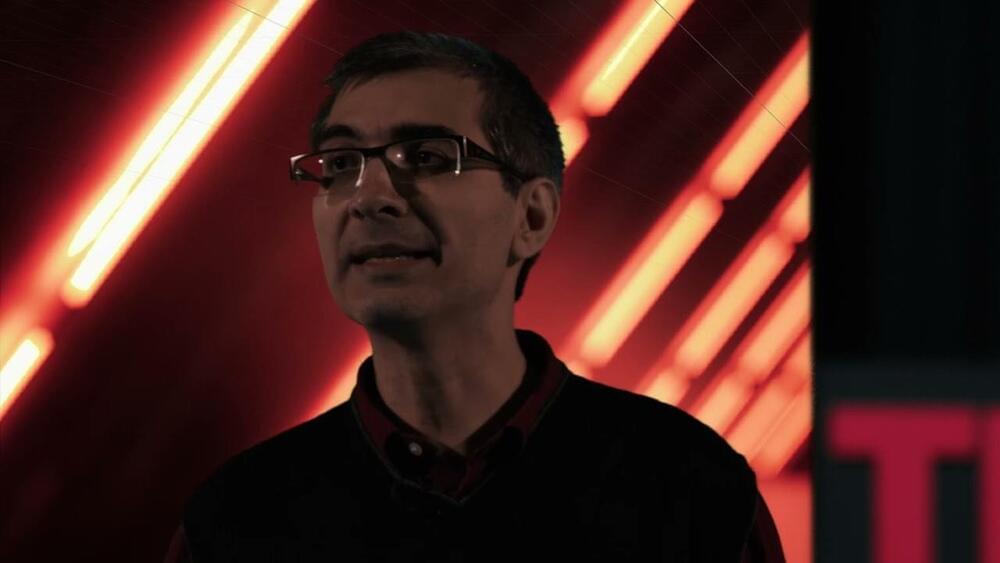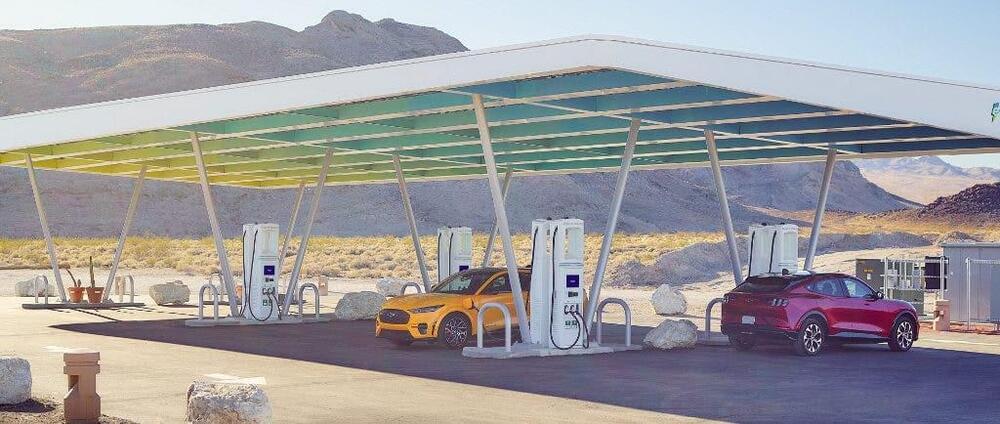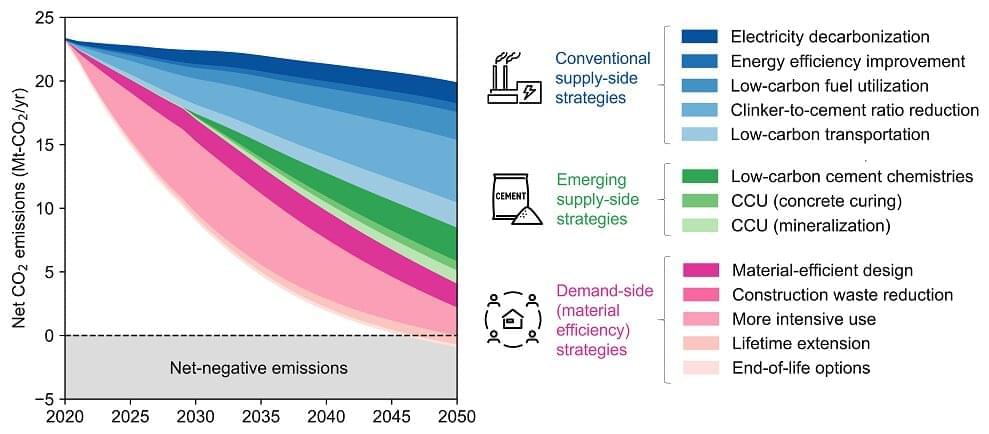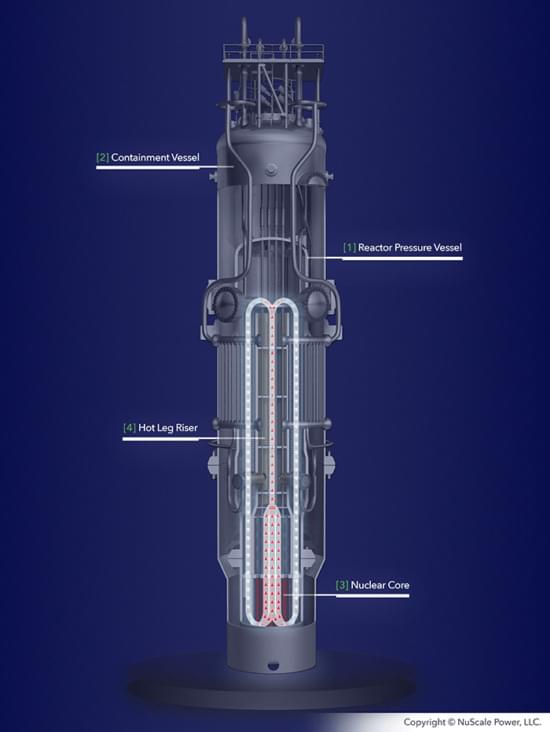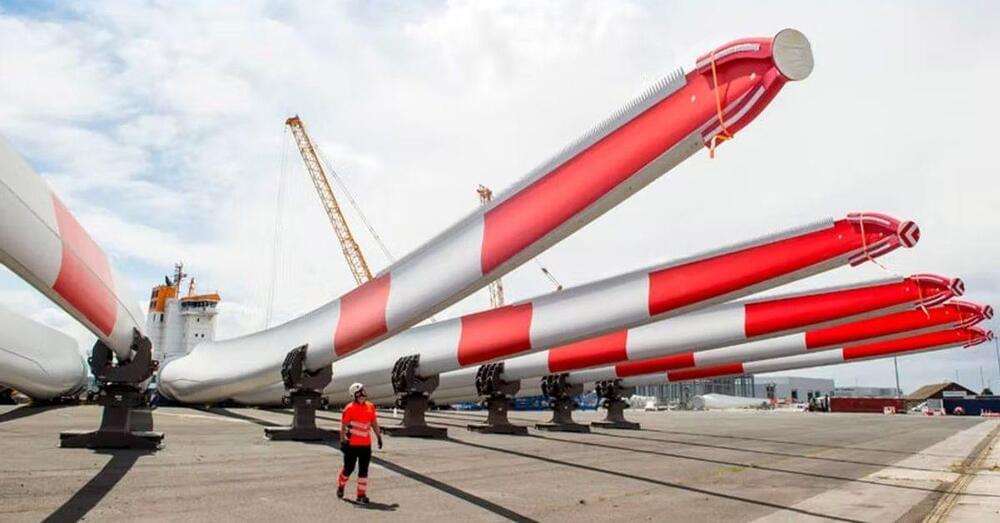
Practical and glamorous, aluminium is prized for making products from kitchen foil and beverage cans to Tesla Roadsters and aircraft. But the silvery metal—abundant, cheap, lightweight, and corrosion resistant—has a dark side: red mud. This brownish red slurry, a caustic mishmash of metal-and silicon-rich oxides, often with a dash of radioactive and rare earth elements, is what’s left after aluminum is extracted from ore. And it is piling up. Globally, some 3 billion tons of red mud are now stored in massive waste ponds or dried mounds, making it one of the most abundant industrial wastes on the planet. Aluminum plants generate an additional 150 million tons each year.
Red mud has become trouble looking for a place to happen. In 2010, an earthen dam at one waste pond in Hungary gave way, unleashing a 2-meter-high wall of red mud that buried the town of Ajka, killing 10 people and giving 150 severe chemical burns. (See more on the dangers posed by waste dams.) Even when red mud remains contained, its extreme alkalinity can leach out, poison groundwater, and contaminate nearby rivers and ecosystems. Such liabilities, as well as growing regulatory pressure on industry to develop sustainable practices, have catalyzed global efforts to find ways to recycle and reuse red mud. Some researchers are developing ways to extract the valuable rare earth metals, whereas others turn the mud into cement or bricks.
“There is hope here,” says Yiannis Pontikes, a mechanical engineer at KU Leuven. But economic and marketing hurdles remain, and “the clock is ticking” as regulators consider new controls, says Efthymios Balomenos, a metallurgical engineer at the National Technical University of Athens. “At some point we will not be able to produce waste. So, there is an urgent need to make changes.”
